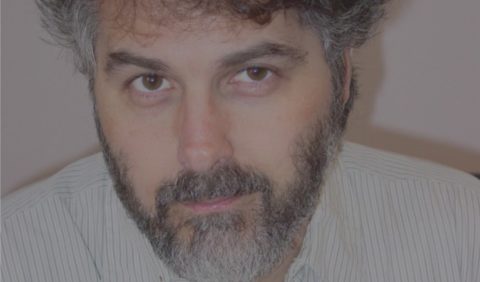
Dr. Daniel Finley
The Environmental & Plant Biology Colloquium Series presents Dr. Daniel Finley on “Recognition & processing of ubiquitin chains by the proteasome” on Friday, Nov. 18, at 11:50 a.m. in Porter Hall 104.
Finley is Professor of Cell Biology in the Department of Cell Biology at Harvard Medical School.
Abstract: The proteasome is the most important and complex protease in nature. It is responsible for most selective protein degradation in eukaryotes. Its 19-subunit regulatory particle recognizes the target protein via its ubiquitin chain, unfolds the protein, removes the chain, and injects the unfolded protein through a narrow gated channel into a large interior chamber in the 28-subunit core particle to be degraded. The process by which the ubiquitin groups are removed from the substrate as the substrate undergoes degradation is intricate, and has been subject to extensive study. The deubiquitinating enzyme USP14, which is activated ~1000-fold by the proteasome, is recruited to the proteasome under stress conditions. USP14 suppresses degradation of a subset of proteasome substrates, raising the question of USP14 specificity. Surprisingly, USP14 has a unique type of specificity: it is essentially inactive in removing ubiquitin groups from substrates when only a single ubiquitin chain is present on the substrate. Multichain specificity could bias degradation towards single-chain substrates produced by highly processive ubiquitin ligases. The specificity for substrates bearing multiple chains may reflect a requirement for proteasomal ubiquitin receptors in presenting conjugates to USP14.



















Comments